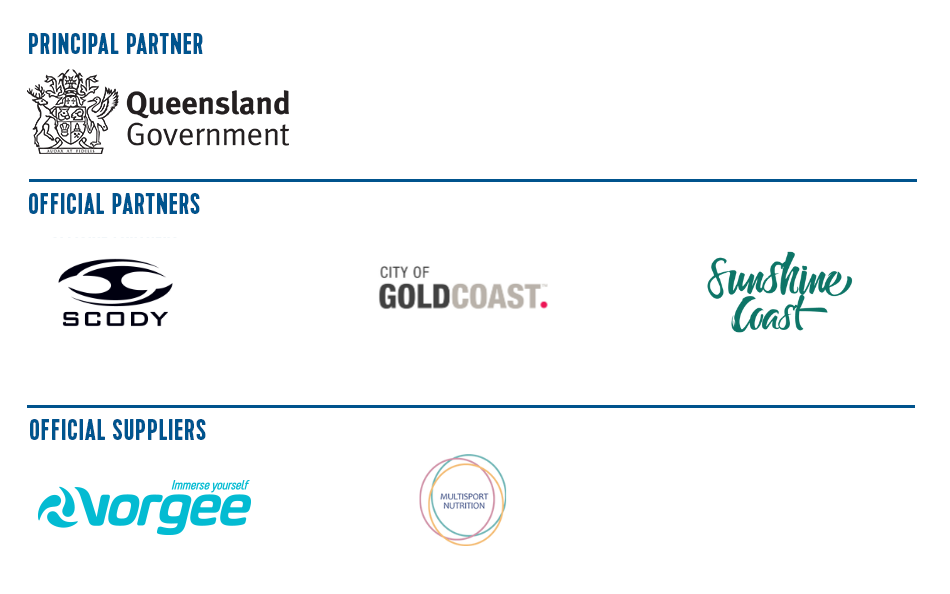By Naomi de Costa, Maurice Blackburn
I will never forget the day I arrived at the scene of an accident between a cyclist and a truck - it was horrific.
Sadly, Dr Hossam El-Shazly; a 38year old, much-liked doctor was killed when his bike collided with a truck on the Captain Cook Highway roundabout, Trinity Beach in 2009.
Young, fit people rarely die, but all too often bike riders are becoming the exception to this rule.
No one really wants to think about what would happen to them in the event of a fatal accident, so people often put their Will in the ‘I’ll do it one day’ box. But estate planning is key to protecting your future wishes should the unexpected ever happen, and protecting those that you leave behind. Procrastination is the most common reason clients tell us that they haven’t created a Will, yet the actual process of organising a Will is not as difficult or daunting as it sounds.
Use this handy guide to give you the tools and confidence to ensure that when you pass away, your family and loved ones are looked after.
Creating a will
Step 1: Seek help
A will is never a static document and people will probably tweak it throughout their lives, particularly when their circumstance schange significantly; for example, due to marriage, divorce or the death of a beneficiary. You need to get the process moving by working out your priorities, consulting your loved ones and seeking legal advice early to ensure your Will is valid according to the law. Solicitors are also experienced at coming up with solutions and recommendations to help you resolve some of the thorny questions that might be putting you off doing a will.
Step 2: Provide supporting documentation
The laws governing the legal requirements for preparing a valid legal Will in Australia vary from state to state. But, for a Will to be valid there are some basic requirements:
- The individual must be over 18 years old and understand what they are doing;
- The Will must be in writing (whether handwritten, typed or printed);
- A Will must be signed, and two witnesses (over the age of 18) need to witness the person’s signature; and
- Those witnesses must also sign the Will.
When you make a Will you’ll also need to appoint an executor to look after your estate when you die. The executor must:
- Collect all of your assets;
- Pay all of your debts; and
- Distribute your estate in accordance with your Will.
Step 3: Prepare ahead
People need to ask themselves a few key questions in advance to help them ensure the relevant information contained in their Willis up to date and reflects their wishes. This includes considering:
- The names and details of your chosen beneficiaries; executor/s and/or trustees;
- The allocation and division of your property and possessions; and
- Do you require guardianship clauses for children – particularly relevant to same sex couples, as the right to guardianship varies across Australia.
Step 4: Keep your Will in a safe place
There’s no need to file your Will with any particular organisation, but once you have signed off on it you need to make sure you keep your Will in a safe and accessible place. You may also want to send copies of it to those close to you, or at least tell them where the will can be found.
Enduring Powers of Attorney (EPOA) and health directives
Each state has different laws and terminology around powers of attorney. However, all states allow a person (the Principal) to appoint another person (usually called an attorney) to make decisions for them if they are unable to make those decisions for themselves, including about medical, financial or personal matters
Attorneys often have very wide powers, so it’s important that a person not only trusts the person they are appointing, but understands the nature of the authority the other person has. There is increasing concern, and disputes about powers of attorney across Australia, so these documents should always be carefully considered.
A power of attorney can be revoked at any time if a person still has legal capacity to revoke the document. However, the appointment will cease on the death of the Principal, and the attorney will not have any power to assist in the administration of the Principal’s deceased estate.
The last word
Sadly,the ghost bike memorial to Dr Hossam El-Shazly is one of many seen across Queensland - a tragic reminder of the increasing number of cyclist fatalities on our roads. People don’t think it will ever happen them but ensuring you have your estate in order will help give you peace of mind should you or your family every find yourself in this position. Make sure you check out Part 2 of this series; Estate Planning: What about my Super? to provide you with further answers to navigating the Estate Planning process.
Maurice Blackburn are the preferred legal supplier for Triathlon Queensland. For more information on how Maurice Blackburn can get you back on track, call 1800 810 812 or visit mauriceblackburn.com.au










